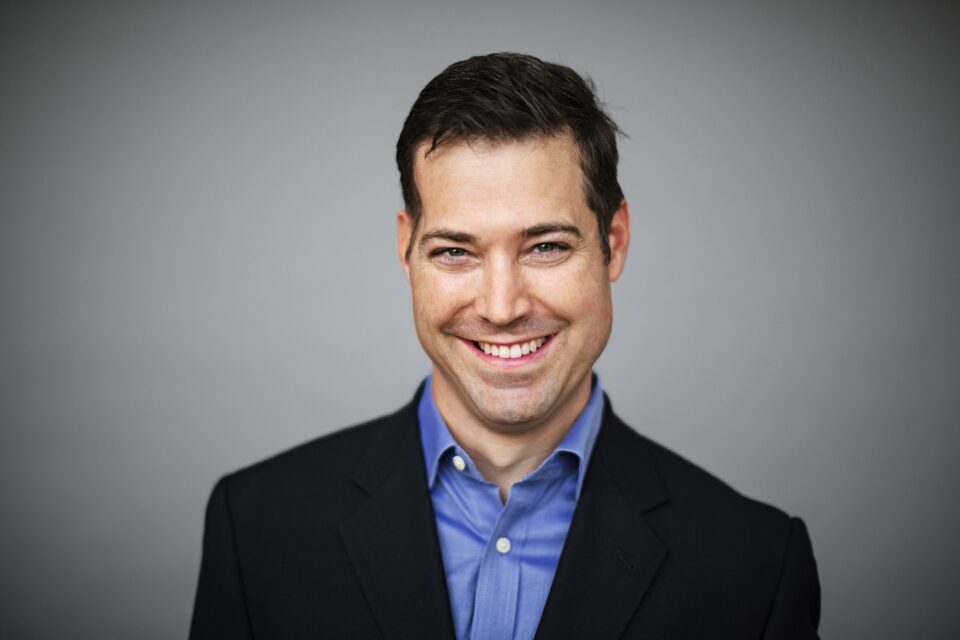
Our Unique Approach
As the nation’s oldest brain research organization, we’ve seen the impact that undesignated giving can have. Our grants fund a broad scope of projects that help scientists explore a wide range of neurological disorders.
How It Works
We provide researchers with “seed money” to fund their boldest ideas, helping them make breakthroughs at the most critical stage of science.

Donations Made
Your generous donation is used to fund the most high-impact and promising brain research.
Grant Nominations
For each grant program, eligible U.S. institutions can nominate one faculty member to apply for a BRF research grant using their own proposal review process.
Application Reviews
Composed of top researchers from several institutions nationwide, the Scientific Review Committee (SRC) reviews all research grant applications.
Grant Selection
The SRC selects the top proposals for BRF to award research grants in the form of seed grants and our Scientific Innovations Awards for distinguished investigators.
Our Stories
Our mission is told through the voices of the BRF community. Explore their stories, memories, and hopes for the future.
The Vandermel Family’s Story
By supporting the BRF Julia, Justine, and Kelly are able to honor their father’s memory and also honor other family members and friends affected by neurological disorders, including Kelly’s mother.
Matt Rahn’s Story
True innovation doesn’t come from thinking linearly, innovation comes from very smart, passionate people thinking creatively. I tell my friends, ad nausea, that the BRF is going after innovative ideas.
The Anderson Family’s Story
The opportunity to shed light on more than one brain disorder played a large part in our choosing the BRF. Everybody knows somebody who can benefit from future discoveries.

Driving Neuroscience Forward: BRF’s Impact in Action
Perseverance – BRF supports scientists who follow unexpected results, confront intractable problems, and use new technologies to unlock insights. Determination and bold approaches are essential to propel science forward.
Focused on a Cure – Dr. Sung Han used a BRF Seed Grant to study the brainstem’s role in opioid-induced respiratory depression. His discoveries on µ-opioid receptors could lead to safer pain medications and progress toward a cure for opioid addiction.
Meaningful Connections – BRF’s funding fosters partnerships among innovative researchers, expanding the scope and impact of neuroscience breakthroughs.
Thirst for Knowledge – Dr. Yuki Oka leveraged a BRF Scientific Innovations Award to study how brain cells sense hydration, aiming to address dehydration in older adults and reveal new treatments.
Shining Light on the Eye – Dr. Tiffany Schmidt developed novel tools to study how light affects the brain. Her BRF-funded toolkit is helping uncover links between light exposure, health, and conditions like addiction.







